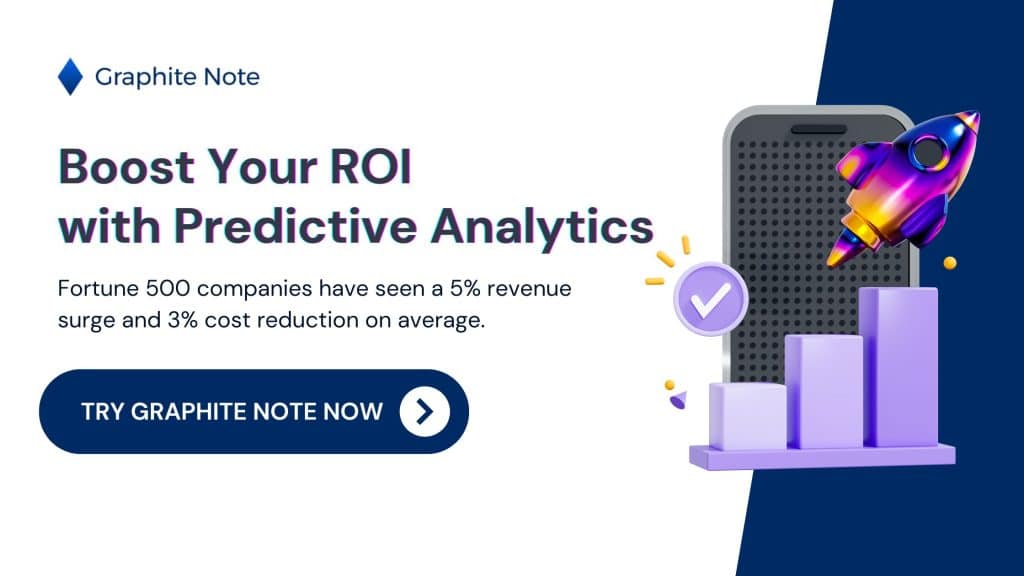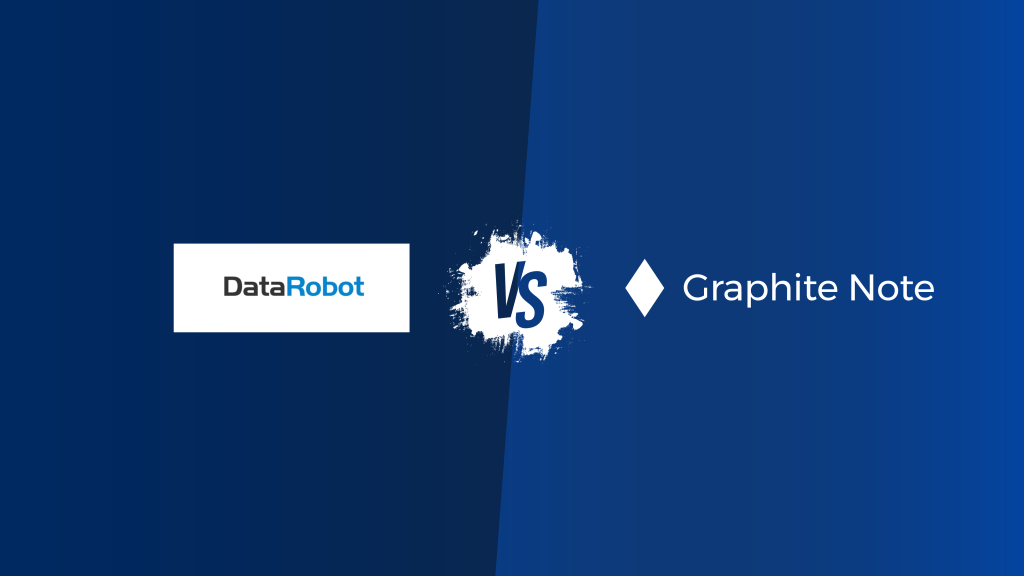As a business owner, you need to be able to make well-informed business decisions. Two technologies have emerged to help: Business Intelligence (BI) and Artificial Intelligence (AI). Business Intelligence and Artificial Intelligence are both beneficial. Which one truly drives better business decisions? In this article, we outline the features, benefits and differences between BI and AI.
Key Features of BI Tools
Business Intelligence tools have features that help with data analysis and data visualization. Modern Business Intelligence tools enable you to collect, organize, and analyze data from various sources. These can include databases, spreadsheets, and cloud services. Traditional Business Intelligence tools have customizable dashboards, interactive reports, and intuitive visualizations. BI tools offer a user-friendly interface that facilitates data-driven decision-making.
Benefits of Using BI in Business Decision Making
There are several benefits associated with using a Business Intelligence platform in your business decision making:
- BI tools give you valuable insights into your operations, customer behavior, and market trends from your business information. This helps you to identify strengths, weaknesses, business opportunities, and threats. This supports your strategic decision-making. This competitive intelligence can help you make better decisions.
- BI tools empower you to identify key performance indicators (KPIs). BI tools also help you monitor progress towards achieving your business goals. You can measure the effectiveness of your strategies. You can make data-driven adjustments when needed.
- BI tools facilitate collaboration and data sharing among team members and business intelligence analysts. This helps to create and maintain a culture of transparency and collective decision-making.
- BI tools offer advanced business analytics capabilities that go beyond basic reporting. BI tools include features like predictive analytics and data mining. You can use these to uncover hidden patterns, trends, and correlations in your data. You can make more accurate forecasts and anticipate market changes. Your business analytics help you stay ahead of your competition.
- BI tools provide data governance and security features. These ensure the confidentiality, integrity, and availability of your business data. Role-based access controls, encryption, and audit trails are included. You can protect sensitive information and ensure data privacy compliance.
- BI tools integrate with other business systems. These include customer relationship management (CRM) and enterprise resource planning (ERP) software. This gives you a holistic view of your business. This easy integration enables you to analyze data from multiple sources. You gain greater business insights of your operations, customers, and market dynamics.
- BI tools offer scalability and flexibility. BI tools enable you to adapt to changing data volumes and user requirements. BI tools help you handle large datasets. BI tools can help you accommodate a growing number of users. BI tools also support varied data sources. BI tools can scale to meet your business’ evolving needs.
Exploring Artificial Intelligence (AI)
What is AI? A Brief Introduction
Artificial Intelligence (AI) refers to the simulation of human intelligence in machines. AI systems can interpret, understand, learn, and make decisions based on data. AI is a broad field with various applications. These include natural language processing, machine learning, and computer vision.
Core Components of AI Systems
AI systems consist of several core components. These enable AI systems to perform advanced tasks. Machine learning algorithms help AI systems learn from data. The algorithms can then make predictions or decisions without explicit programming. Natural language processing enables machines to comprehend and generate human language. Computer vision enables AI systems to analyze and process visual data.
What is AI? A Brief Introduction
Artificial Intelligence (AI) refers to the simulation of human intelligence in machines. AI systems have the ability to interpret, understand, learn, and make decisions based on data. It is a broad field with various applications, including natural language processing, machine learning, and computer vision.
Core Components of AI Systems
AI systems consist of several core components that enable them to perform advanced tasks. Machine learning algorithms help AI systems learn from data and make predictions or decisions without explicit programming. Natural language processing allows machines to comprehend and generate human language. Computer vision enables AI systems to analyze and process visual data.
Advantages of AI in Business Decision Making
There are several benefits associated with using AI in your business decision making:
- AI tools enable you to sift through massive amounts of company data. You can quickly extract valuable insights. AI systems can identify patterns, trends, and anomalies. These may go unnoticed by human analysts.
- AI tools can automate mundane and repetitive tasks, or a business process. This frees up valuable time for your team to focus on critical decision making, instead of business processes. AI-powered predictive analytics enables you to anticipate customer needs, optimize processes, and identify potential risks.
- AI can also enhance creativity and innovation. AI systems can identify emerging trends and consumer preferences. This helps you stay ahead of the curve and develop innovative products and services.
- AI tools can assist in risk management. AI tools analyzes historical data and identify potential risks or threats. This proactive approach enables you to take preventive measures and minimize potential losses.
AI is becoming increasingly accessible to businesses of all sizes. AI has the potential to revolutionize the way businesses operate and make strategic decisions.
Comparing BI and AI in Business Context
Similarities Between BI and AI
While BI and AI have distinct characteristics, they do share some similarities. Both technologies aim to drive data-driven decision-making. Both technologies process and analyze large volumes of data. BI and AI help you to make informed decisions based on insights and trends.
BI and AI systems also enhance efficiency. BI and AI systems automate tasks, reduce human error, and provide real-time information. Both technologies have the potential to optimize business processes and improve business performance.
The implementation of BI and AI solutions requires a strategic data management approach. You need to ensure data quality, integrity, and security. Through this, you can derive accurate insights and predictions. You need to set up data governance frameworks, establish data pipelines, and integrate various data sources. This gives you a comprehensive analysis.
BI tools and AI systems need skilled professionals to interpret results. This helps your business to drive strategic initiatives. Data scientists, analysts, and business intelligence specialists play a crucial role. They extract meaningful information from data and translate it into actionable strategies.
Differences Between BI and AI
BI focuses on analyzing historical data and providing insights based on past performance. BI tools help you understand what happened and why it happened.
AI goes beyond historical analysis and aims to predict future outcomes. With machine learning algorithms, AI systems can learn from historical data and make predictions. This enables you to proactively address challenges and capitalize on opportunities.
BI relies on structured data. AI can process structured and unstructured data, including text and visual information. This gives AI broader data analysis capabilities.
AI systems require continuous learning and adaptation to remain effective. New data is constantly generated. Business environments change. AI models need to be retrained and updated to ensure accuracy and relevance. This ongoing maintenance is essential for maximizing the business benefits of AI.
Evaluating the Effect of BI and AI on Business Decisions
How BI Influences Business Decisions
BI gives you a holistic view of your business data. BI enables you to identify trends, patterns, and correlations. These can guide you in strategic planning and operational improvements. BI empowers you to analyze customer behavior and preferences. You can use BI to create targeted marketing campaigns and personalized customer experiences. A retail company can use BI to analyze customer purchase history and preferences. They can create tailored marketing campaigns that offer personalized product recommendations. This results in increased customer satisfaction and loyalty. BI enables you to identify market trends. This helps you adapt to changing customer demands. BI helps you stay ahead of your competition. A clothing retailer can use BI to analyze sales data and identify fashion trends. They can quickly adjust their inventory and marketing strategies. They can then capitalize on the latest trends, gaining a competitive edge in the market.
Graphite Note can enhance the effect of BI on business decisions. Graphite Note enables you to predict future outcomes, optimize resources, and make data-driven decisions. A manufacturing company can use Graphite Note to predict equipment failure. This enables them to schedule proactive maintenance and minimize costly downtime.
The Role of AI in Decision Making
Artificial Intelligence (AI) plays an important role in decision-making processes. AI analyzes vast amounts of data and identifies complex patterns. AI systems can uncover insights that may be missed by human analysts. This enables you to make data-driven decisions with higher accuracy and confidence.
AI enhances decision-making through automation. AI automates routine tasks and processes. This enables you to focus on high-value work. This includes strategy development and innovation. A financial institution can use AI-powered algorithms to automate the process of credit scoring. This reduces the time and effort required to assess loan applications. AI helps to improve operational efficiency.
AI-powered chatbots and virtual assistants provide real-time support, enhancing customer service and satisfaction. Chatbots can understand and respond to customer inquiries. Virtual assistants can provide product recommendations, and assist with troubleshooting. An e-commerce company can use AI chatbots to provide personalized product recommendations. These are based on customer preferences, creating a seamless and personalized shopping experience.
The combination of BI and AI has a profound effect on business decisions. BI enables organizations to gain valuable insights from data. AI enhances decision-making through advanced analytics and automation. By leveraging these technologies, you can make informed decisions. You can drive innovation, and stay ahead in today’s competitive landscape.
Choosing Between BI and AI for Your Business
Factors to Consider When Choosing BI or AI
When choosing between BI and AI, you need to consider:
- The type of business you have.
- What your business goals are: If you want to focus on historical analysis, BI is your best choice. If you want to anticipate future outcomes, AI may be more suitable.
- How much data you have available: BI relies on structured data. You need enough structured data to gain good insights. AI can handle large datasets and unstructured data. This makes AI more suitable for you if you want to use emerging technologies.
- Your business’ resources and capabilities. Implementing AI systems often requires significant investments. You’ll need to enhance your technology infrastructure, hire new people, and conduct training. BI tools may be more accessible and easier to adopt. This makes BI a more viable option for businesses with limited resources.
Making the Right Choice: BI or AI?
The decision between BI and AI depends on your unique business needs and goals. Both technologies have their advantages. Focus on what will drive better business decisions for your organization. You could consider adopting a hybrid approach that combines the strengths of both BI and AI. You can use BI to gain historical insights and understand past performance. You can use the predictive capabilities of AI to anticipate future outcomes. By combining BI and AI, you can create a powerful decision-making framework. With the right technology in place, you can make informed decisions.
Exploring the Right Tools
You need to explore available tools and resources to make the right choice. Graphite Note is a no-code predictive and prescriptive analytics tool. Graphite Note can enhance your decision-making capabilities. Graphite Note can give you the insights you need to grow your business. Graphite Note enables you to easily analyze and visualize your data. Graphite Note helps you uncover hidden patterns, and make data-driven decisions with confidence. Graphite Note has a user-friendly interface and powerful algorithms. Graphite Note is accessible to users of all skill levels. You can harness the power of data without the need for extensive technical expertise. Graphite Note is your partner in this transformative journey. Request a Demo. Learn how Graphite Note can transform your data into strategic power in minutes.





